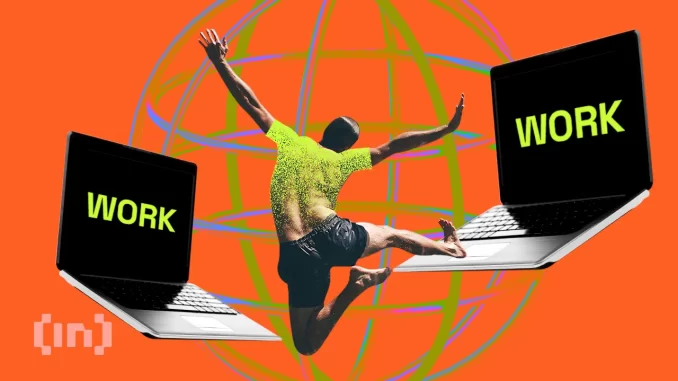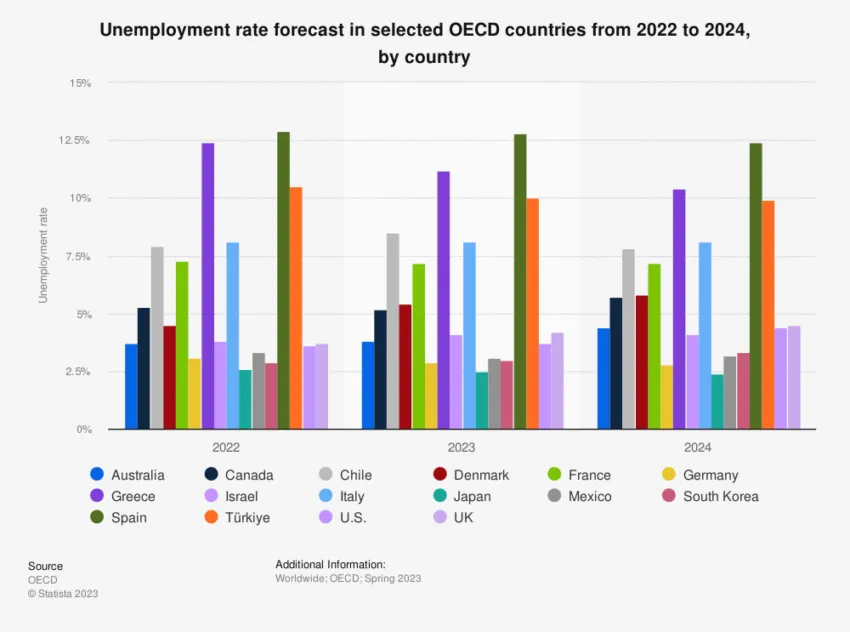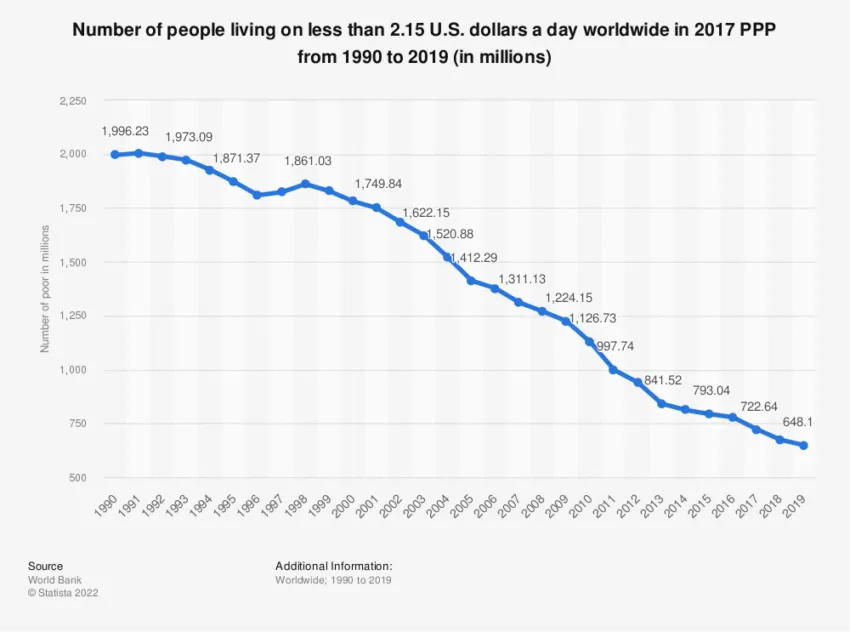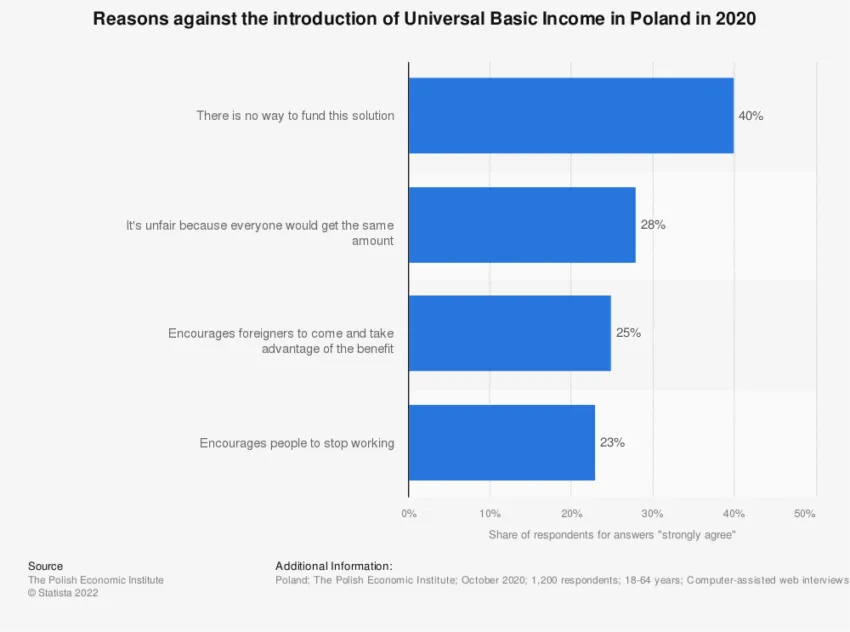
In the relentless churn of the 21st-century work landscape, a beacon of hope emerges for many seeking a reprieve from the mounting pressures of job insecurity, economic uncertainty, and poverty. The concept? Universal Basic Income (UBI).
This is a 500-year-old idea gaining renewed attention due to the evolving job market. Especially now, with artificial intelligence and technological disruption, UBI proposes a fascinating solution. The goal is a government-provided set salary for every citizen, regardless of income or social status.
A Glimpse into the Future
Two localities in the United Kingdom – the central part of Jarrow and East Finchley in North London – were selected as the testing grounds for the first micro pilot scheme of UBI. This initiative, backed by the policy institute Autonomy, is envisioned as a stepping stone that will pave the way for building a robust case for UBI at a national level.
For this trial, 30 participants will be selected to receive a monthly sum of £1,600, without any conditions, for two years. The primary objective of this experiment is to evaluate the impacts of having guaranteed financial safety.
It will also explore various aspects of the participants’ lives, such as their physical and mental health and life circumstances.
International experiments such as the Bridge Project in New York City show promising results. It provides new mothers with a $1,000 monthly stipend. The project, entirely funded by philanthropic contributions, is transitioning from a research phase to a more permanent feature of the city’s social services infrastructure.
The positive outcomes experienced by the participants in these programs underscore the potential of UBI to provide financial stability.
Universal Basic Income: Pros and Cons
The Promise of UBI
Anecdotal evidence from a single mother, who received a guaranteed income through these programs, sheds light on the transformative potential of UBI. Birmania Tavarez, a participant in the Bridge Project, recounts how the income allowed her to move to a bigger apartment for her two children and return to school to earn a degree.
“I’m making a plan for later on. I’m trying to do my own thing because I want to have more hours with [my kids],” said Tavarez.
This real-life story exemplifies the powerful potential of UBI in reshaping the future. It provides financial support that empowers millions to rise above their work woes and confidently plan for the future.

Supporters of Universal Basic Income view it as a magic bullet that can potentially address a slew of societal issues. These include poverty and job instability and simplifying the complicated welfare system.
“No one should ever be facing poverty, having to choose between heating and eating, in one of the wealthiest countries in the world,” said Cleo Goodman, co-founder of Basic Income Conversation.

Concrete evidence from previous unconditional income schemes suggests improvements in the physical and mental health of the beneficiaries. Moreover, UBI can help reduce crime rates and provide a financial safety net for families in unstable employment.
Supporters even argue it can save countries money by tackling social issues at the root level instead of addressing them when they get out of hand.
The Double-Edged Sword
On the flip side, many critics believe that UBI might be financially unsustainable and could drain resources from essential public services without effectively alleviating poverty. Jennifer Burns, Researcher at Hoover Institution, argues that feasibility is the best argument against UBI.
“If one multiplies the popular figure for an annual UBI – typically $12,000 a year – by the population of the United States, you get an eye-popping figure of over $3 trillion,” said Burns.
Another major argument against UBI is its universal nature. It implies that it would benefit those who do not really need such assistance, including those who are unwilling to work despite being capable of doing so.
Some critics also contend that UBI could disincentivize work, leading to an economic slowdown.

Concerns about feasibility, precise targeting, and potential adverse impacts on the labor market linger. The cost of implementing UBI is a major deterrent.
The Economic and Social Research Institute (ESRI) estimates an annual implementation cost of around €50 billion in Ireland alone.
“The idea of a Universal Basic Income receives a lot of attention in the public debate, however very little is known about the impacts of such a policy,” said Paul Redmond, Director of Student Experience and Enhancement at the University of Liverpool.
Introducing UBI would also necessitate substantially overhauling the current tax and welfare systems. Indeed, projected tax rates are expected to be around 50-60% to finance such a scheme.
“More recent policy proposals suggest replacing the lower rate of tax, 20%, with the higher rate, 40%,” reads the ESRI report.
Free Money For Everyone?
As the world cautiously treads toward the possibility of realizing Universal Basic Income, it is clear that the debate is far from settled.
The trials in England and the experiences of guaranteed income recipients worldwide continue to provide valuable insights. Especially into the feasibility and implications of such a radical economic intervention.
Whether UBI will be the panacea for work-related issues or lead to new complications, only time will tell.
Still, amid the economic shocks, rapid artificial intelligence advances, and rising job insecurity, the promise of Universal Basic Income offers a glimmer of hope to many in this increasingly uncertain world.
Disclaimer
Following the Trust Project guidelines, this feature article presents opinions and perspectives from industry experts or individuals. BeInCrypto is dedicated to transparent reporting, but the views expressed in this article do not necessarily reflect those of BeInCrypto or its staff. Readers should verify information independently and consult with a professional before making decisions based on this content.






Be the first to comment